What’s the difference between probiotics and prebiotics? Which should I take? If you’re like many health-minded Canadians, you’re probably wondering if you need one or both of these dietary supplements. So we’re going to take a dive into how probiotics differ from prebiotics and why both are important to a healthy gut biome and overall wellness.
The world has changed a lot within the past 50 years. The emergence of overly processed foods has introduced the body to ingredients that satisfy hunger but may not necessarily do much to maintain a healthy gut. As a result, people suffer from preventable illnesses mostly stemming from an imbalance in the gut microbiome. Diarrhoea, irritable bowel syndrome, and recurring yeast infections may be signs that the microbiome isn’t properly balanced.
Probiotics and prebiotics can help good bacteria to flourish, reducing these unnecessary ailments in the body. A healthy gut biome has many benefits, including improved immune function, mood balance and better digestion. But how do you know whether you need probiotics or prebiotics? Continue reading to learn more about how each affects the body and how to know which one you need to improve your overall health.
What is a probiotic?
Probiotics are a combination of good bacteria and yeast that help keep the microbiome in the gut balanced. When the gut is imbalanced, the harmful bacteria and yeast within the gut release toxins into the body, which can lead to illness. To balance the gut and help the body fight off disease, you can eat food with probiotics or use supplemental probiotics.
This infusion of good bacteria goes to work fighting off bad bacteria. Within the large intestine, where these beneficial gut bacteria reside, they’ll earn their keep by breaking down undigested food while aiding in the absorption of nutrients and helping to neutralise some of the harmful by-products that are produced during digestion.
We’re just starting to learn about all the benefits of this microscopic intestinal community that we all house in our gut. Some research even links these bacteria with brain processing and hormone regulation. There’s still much to learn about these good bacteria, but we do know they are a powerful force for good in the body.
What is a prebiotic?
Prebiotics are also helpful in keeping good bacteria in the microbiome. They are a type of fibre that isn't digestible by the body. Therefore, the prebiotic serves as the food for the probiotic. In other words, probiotics are the live bacteria introduced to the body, and they consume prebiotics to grow and flourish. Just think of a prebiotic as the food you feed to your beneficial intestinal bacteria. In return their numbers will grow and support a healthy microbiome.
What is the difference between a probiotic and a prebiotic?
One of the most significant differences between a probiotic and a prebiotic is its makeup. A probiotic is a combination of live bacteria and yeast found in foods such as yoghurt or sauerkraut. Probiotic supplements are a useful alternative if you don't eat enough foods with probiotics in them. Prebiotics come from plant fibres found naturally in foods such as bananas and artichokes. There are also prebiotic supplements you can take. Both probiotics and prebiotics affect the digestive tract and encourage regular bowel movements.
What are the signs that you need a probiotic?
It’s worth considering increasing your intake of probiotics if you feel like you have a gut imbalance. One of the most common signs of a gut imbalance is bowel problems such as constipation and diarrhoea.
Probiotics can also be beneficial if you’ve recently suffered from food poisoning or had to take antibiotics. In both cases, the number of good gut bacteria could have become greatly reduced. Probiotic supplements can help restore the balance in the microbiome and get you healthy again.
Another good reason to increase your probiotics use is if you find yourself always getting colds and other bugs. This could indicate that your immune system is weak and the bad bacteria in your body are compromising your immune system. Probiotics will help restore your immune system by maintaining a healthy gut balance of good and bad bacteria.
In general, most adults could benefit from the addition of probiotics, because a balanced gut is so beneficial to overall health and wellness. Since adults tend to experience few side effects from taking probiotic supplements, you don’t need to feel ill or imbalanced to regularly help maintain your good gut bacteria.
What are the benefits of a probiotic?
Using probiotics can be beneficial for people who have digestive issues. They may help treat or prevent common digestive problems such as irritable bowel syndrome, diarrhoea, Clostridium difficile, and ulcerative colitis. Probiotics can also help if your urine stream is overcome with harmful bacteria, causing urinary tract infections. For women who suffer from vaginal infections, particularly yeast infections and bacterial vaginosis, probiotics may improve the symptoms and prevent these chronic conditions.
Beyond these conditions, probiotics can be a regular part of a wellness or fitness routine as they support the immune, digestive and other systems of the body. The potential benefits from regular probiotic usage may include:
- Mental health improvements in depression, anxiety and stress
- Cardiovascular health protection
- Reducing the severity of allergies and chronic skin conditions like eczema
- Hormone regulation, weight loss and belly fat reduction
What are the signs that you need a prebiotic?
Adding prebiotics is essentially increasing the fibre intake in your diet. Although the body can't digest prebiotics, they are a beneficial food source for your gut biome. The live yeast and bacteria in probiotics consume the prebiotics and continue to flourish in the body.
If you suffer from bowel irregularities, a prebiotic may help improve how your body moves food through your digestive system. Whether you often suffer from frequent constipation or diarrhoea, prebiotics can help regulate your system, making you more regular. Since prebiotics are food for probiotics, consuming prebiotics regularly helps probiotics grow and thrive, creating a healthier microbiome over time.
Prebiotics can also help make you feel fuller, leading you to eat less and consume less calories. In this way, prebiotics can support healthy weight loss for overweight individuals.
What are the benefits of a prebiotic?
Prebiotics not only help your good gut bacteria, but they also support the immune system and can help regulate blood sugar and help contribute to overall colon health.
Besides working effectively with probiotics, prebiotics can also help with weight loss. For instance, if you are overweight, prebiotics will help control cravings, helping you feel more satiated so that you don't over consume food. They can also reduce body fat.
What are some good sources of probiotics?
Probiotics are typically found in foods that have live microorganisms in them. These include the following:
- Yoghurt
- Kefir
- Sauerkraut
- Tempeh
- Kombucha
- Pickles
While this isn't an exhaustive list, these are common foods and drinks that contain probiotics. If you don't like these foods or don’t have time to consume them regularly, another good source of probiotics is probiotic supplements.
What are some good sources for prebiotics?
Prebiotics are in some fruits and vegetables. Here are some popular sources for prebiotics:
- Jerusalem artichoke
- Bananas
- Barley
- Oats
- Apples
- Flaxseed
- Dandelion greens
While prebiotics can be found in fruits and vegetables, to ensure you get the proper daily dose (3 - 5 grams). it’s often more convenient to take a daily prebiotic supplement. These should always be taken with a full glass of water as they can present a choking hazard on their own.
Probiotic and prebiotic supplements can help ensure that your body achieves a healthy balance of good bacteria within the microbiome. Not only do they support a healthy body and mind, but they can also improve digestive issues. This may be especially if you regularly suffer from bowel problems, vaginal infections, allergies, or immune disorders.
Before starting supplements, it is a good idea to speak with your doctor to ensure that you aren't suffering from other serious ailments that could worsen by being left untreated.





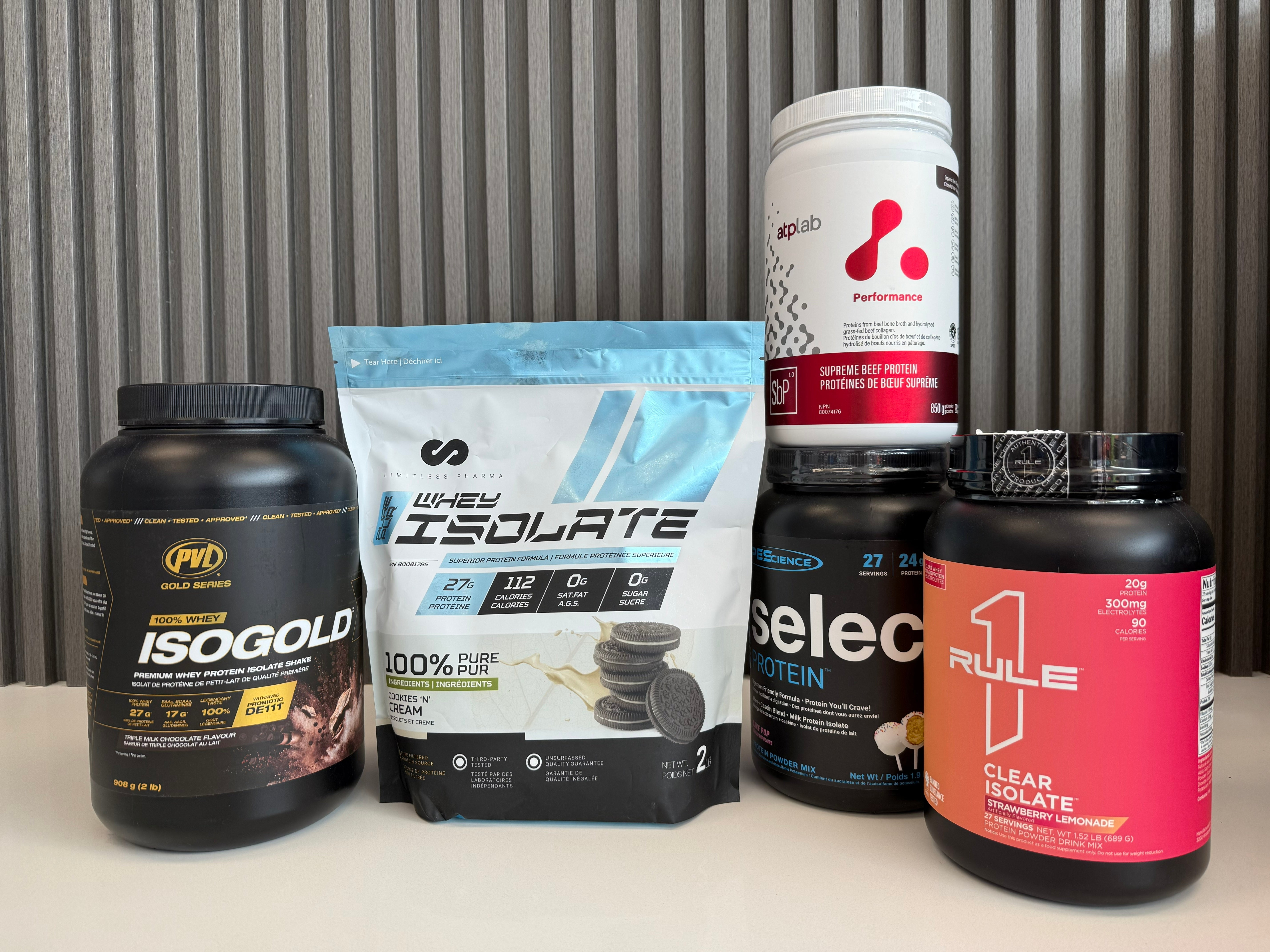
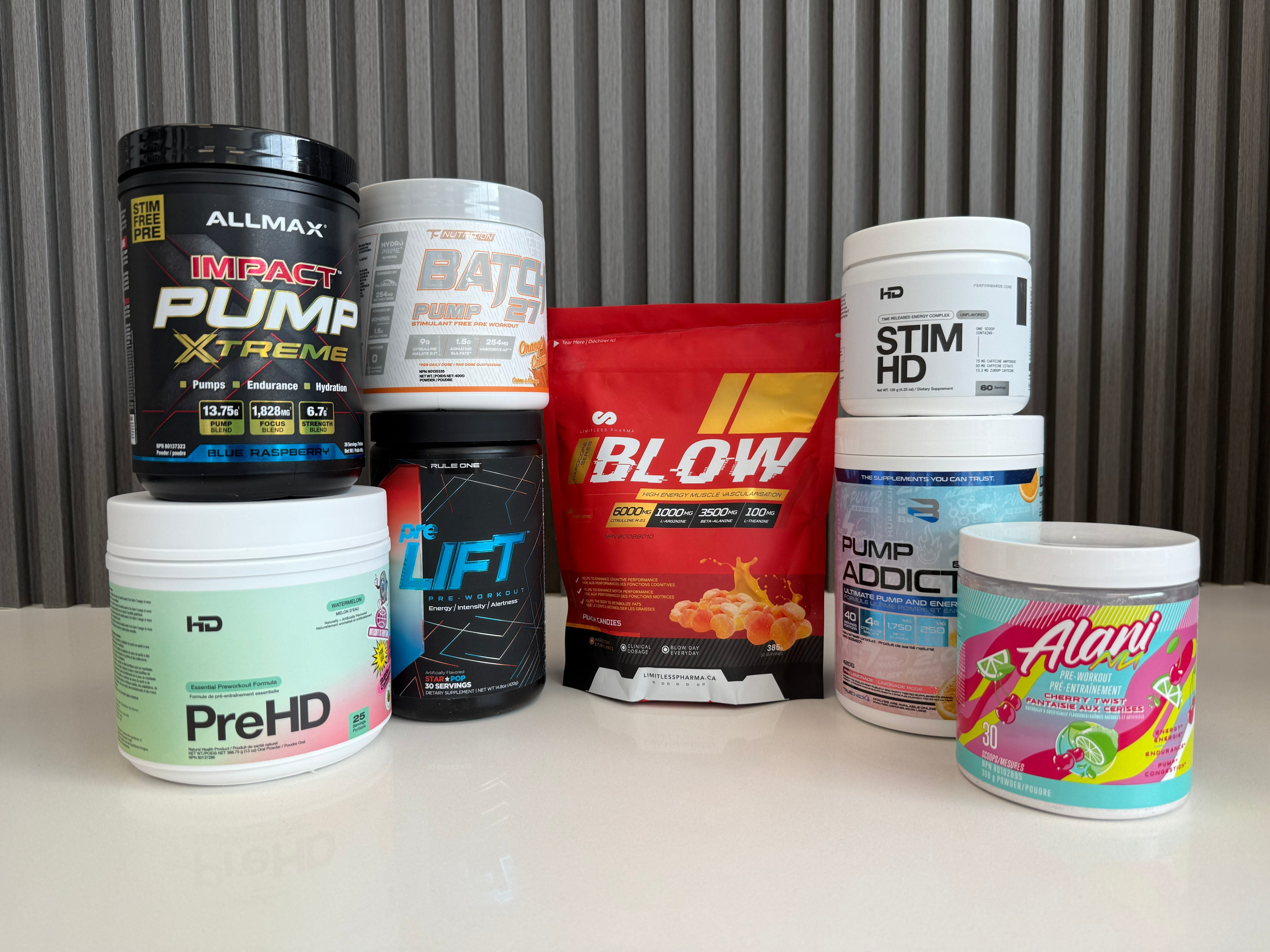
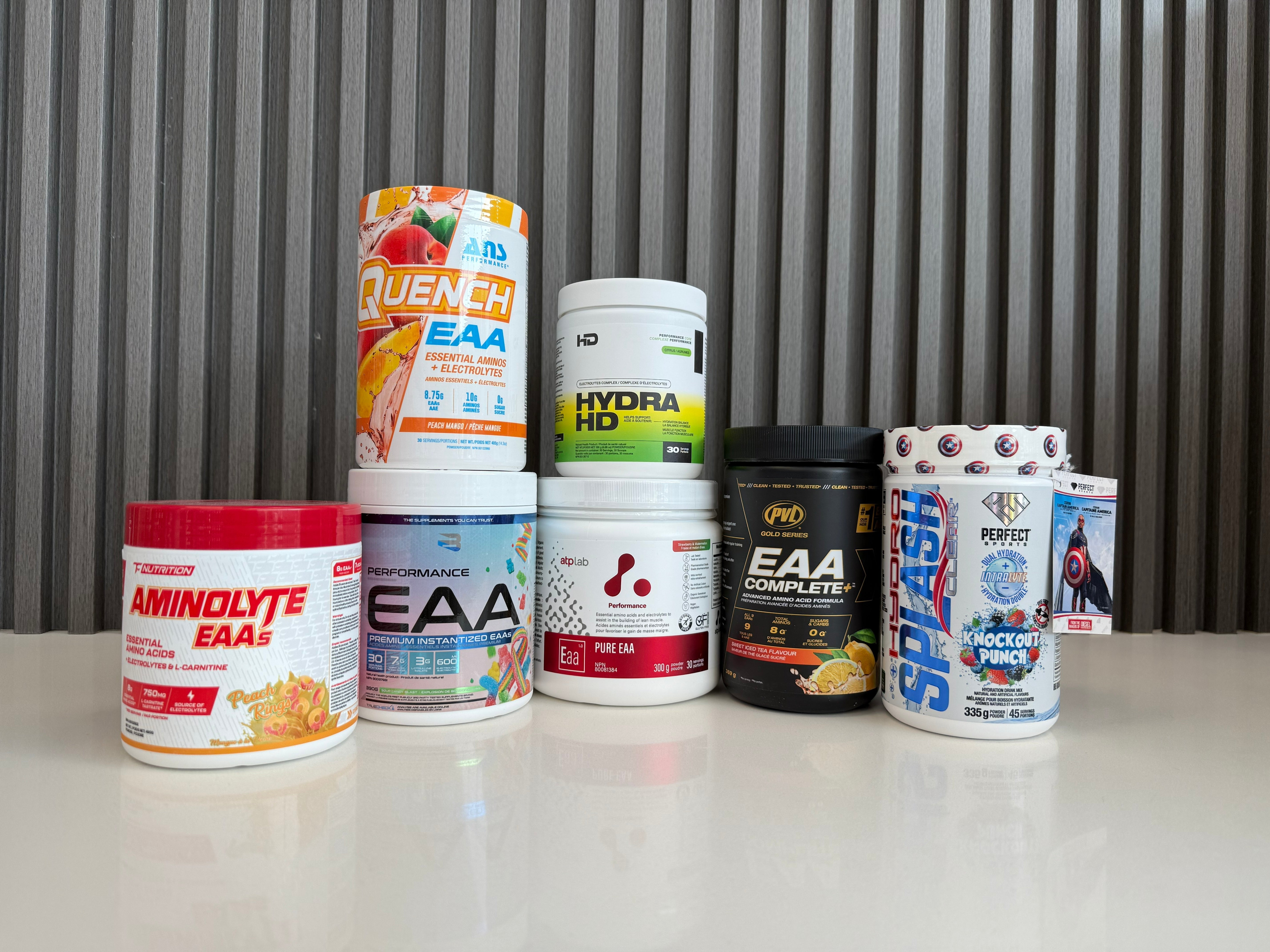
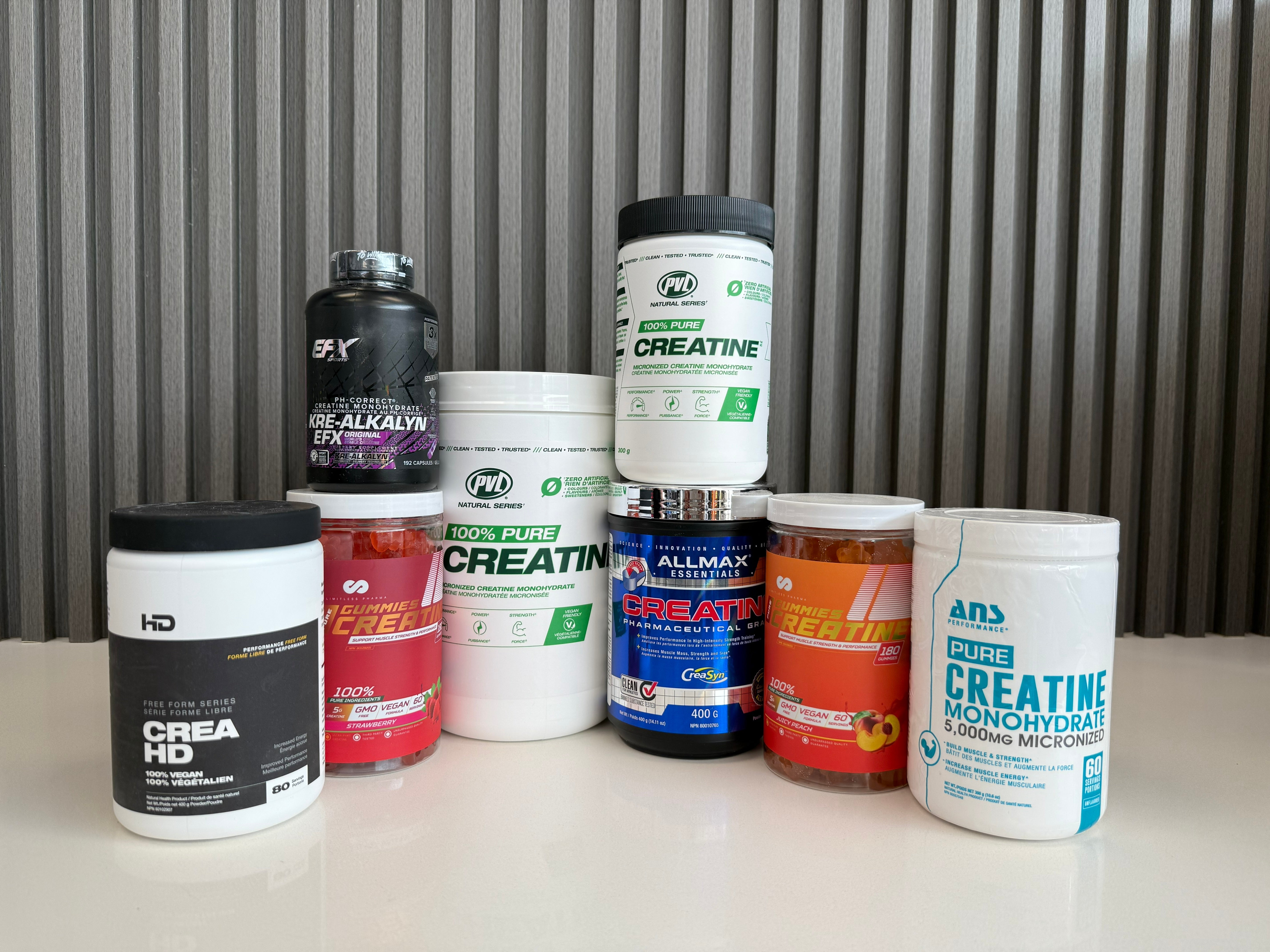
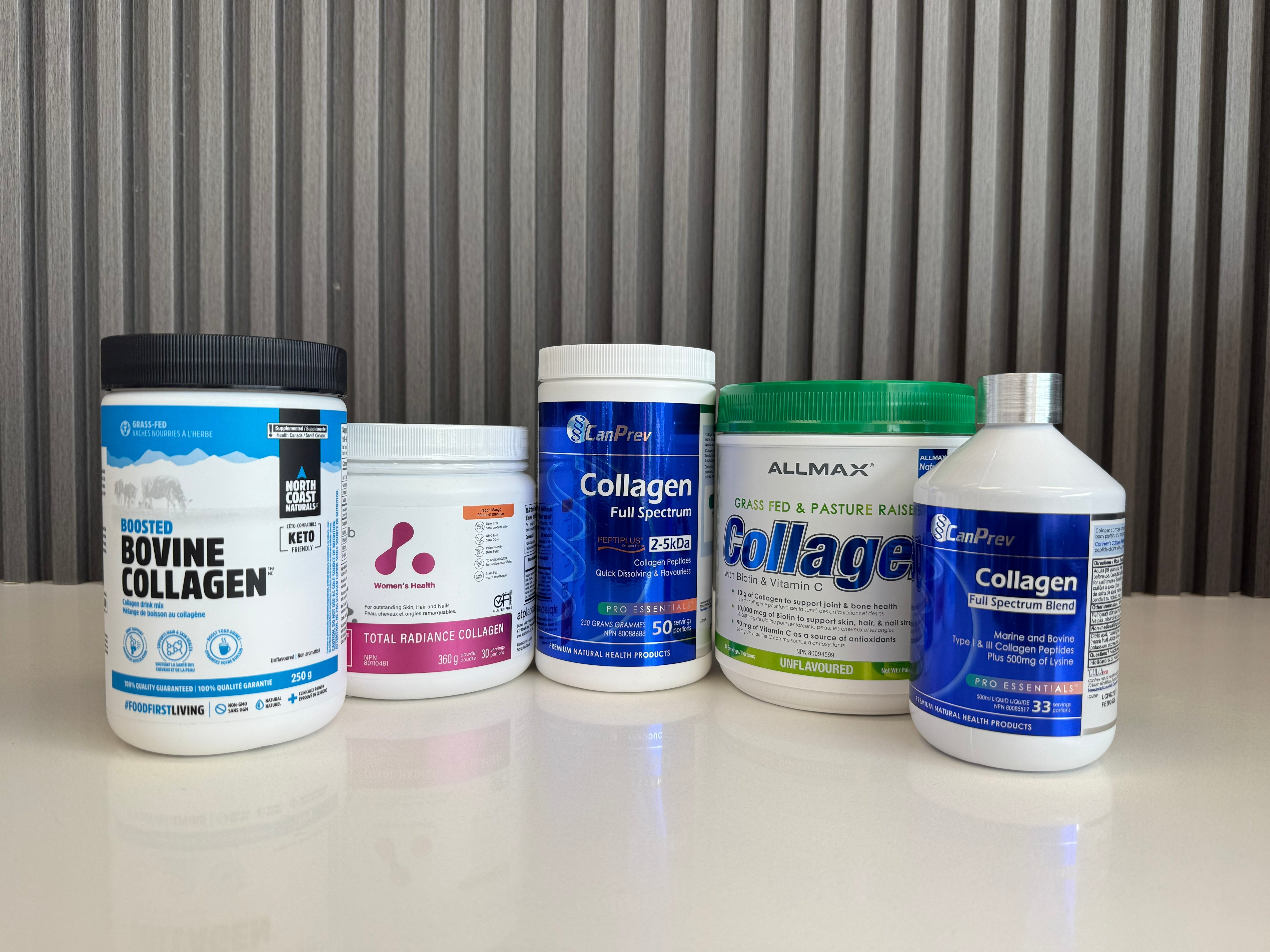
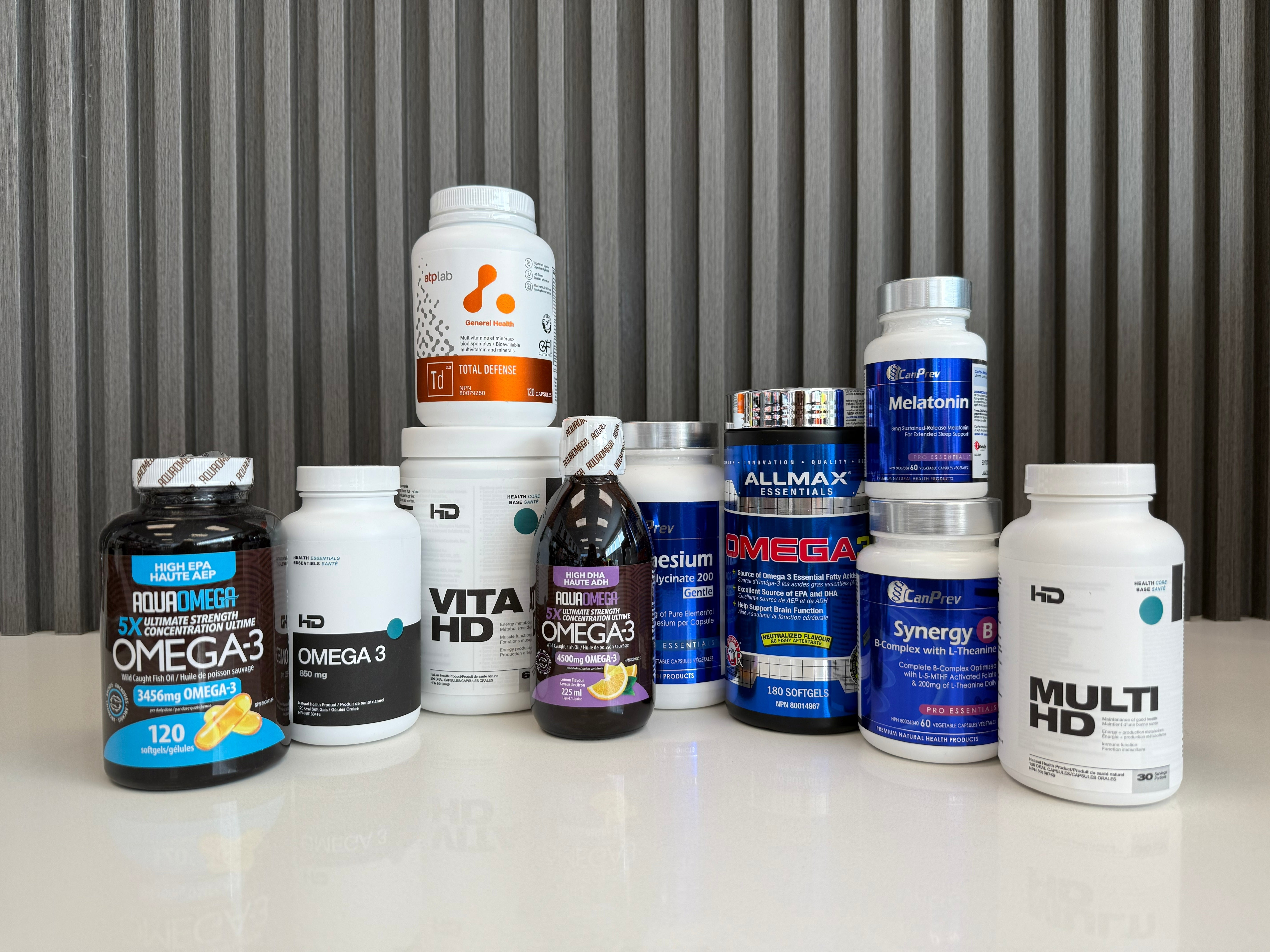
Leave a comment
All comments are moderated before being published.
This site is protected by hCaptcha and the hCaptcha Privacy Policy and Terms of Service apply.